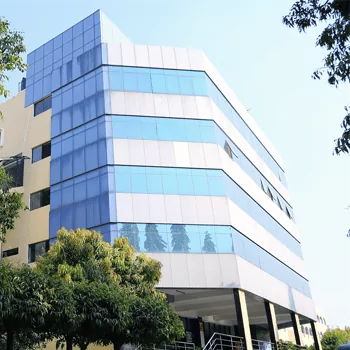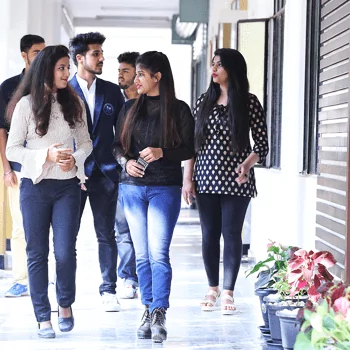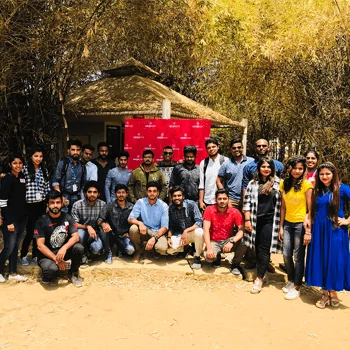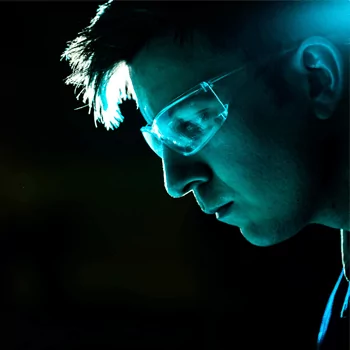- Home
- About

About Us
Welcome to an institution dedicated to creating tomorrow’s leaders and today’s pioneers.
- Institutions
- HKBK College of Engineering
- HKBK Degree College
- HKBK College of Physiotherapy
- HKBK College of Health Science
- HKBK Pre University(PUC)
- HKBK Evening Degree College

INSTITUTIONS
Welcome to an institution dedicated to creating tomorrow’s leaders and today’s pioneers.
- Programs
- Admissions
- Overview
- Admission 2025
- How to Apply
- Indian Admissions
- International Admissions
- Scholarships
- Education Loan

ADMISSIONS
Applicants are requested to apply online through the college website or can come in person to fill the application form in the college office itself.
- Placements

PLACEMENTS
The leading companies from all sectors are invited by the Placement Department on the campus, where the eligible students are facilitated to go through the entire selection process.
- IQAC
- Life@HKBK
- Overview
- Libraries & Labs
- Hostels
- NSS
- News and Events
- Clubs & Activities
- Sports & Adventure
- Academic Calendar (Calendar of Events COE)
- Alumini

LIFE@HKBK
HKBK College of Engineering is located just 7 km from Vidhana Soudha, it presents a serene and scholastic atmosphere away from the clamor of the city.
- Research
- Overview
- Research Programs
- Institute Industry Connect
- Industry Partnerships
- Innovation & Entrepreneurship Cell
- Learning Resources

RESEARCH
Welcome to an institution dedicated to creating tomorrow’s leaders and today’s pioneers.
Admission Enquiry
Job Roles and Opportunities in Mechanical Engineering in 2025
.webp)
Mechanical engineering is one of the earliest and most broadly based types of engineering. Mechanical engineering has a vast scope, ranging from the design of new modes of transportation to new energy systems to robotic applications; this means it applies to practically every industry conceivable. With increased industrialization yet to occur, there is still ample scope for mechanical engineering in India and elsewhere. To bolster the b tech mechanical engineering scope with a foundation, students will have to first have the foundation to stand on. Getting to that foundation typically encompasses: Finishing 10+2 with Physics, Chemistry and Mathematics Clearing entrance exams like JEE Main, LPUNEST, MHT CET Getting a B.Tech Mechanical Engineering Degree After the acquiring a degree, aspiring engineers can start considering special certifications, internships and postgraduate programs to advance their careers and their scope for mechanical.
Why Choose Mechanical Engineering and Scope in the future?
In India the prospects for mechanical engineers is vast, and there are many opportunities driven by the automotive, aerospace, manufacturing and energy sectors. With 'Make in India' initiatives taking shape; and, increase emphasis on clean and renewable energy sources, and smart infrastructure it is likely that mechanical engineering will have much greater opportunities in the years to come. There are a lot of government/public sector units and the MNC companies which will hire mechanical engineers as well. Therefore the outlook for mechanical engineering jobs is stable and the pay is also quite good. The future of mechanical engineering is continually evolving with advances in technology. Emerging trends include: Smart Manufacturing and Industry 4.0 Additive Manufacturing (3D Printing) Artificial Intelligence and IoT in mechanical systems Renewables and Renewable Energy systems and green technology All of these advances are broadening the scope and salary of mechanical engineering into new areas of specialization such as robotics, aerospace, and automation.
Career Opportunities for Mechanical Engineers
The demand for mechanical engineers is so high that they are both valued and recognized by top global companies. The constant demand across all sectors is a positive sign for mechanical engineering's future work and salary of skilled professionals. Some of the core recruiters are as follows:
Larsen & Toubro (L&T),Tata Consultancy Services (TCS),Bosch Bharat Heavy Electricals Limited (BHEL),Indian Space Research Organization (ISRO),General Electric (GE)Automotive Tata Motors,Mahindra,Maruti Suzuki,Hindustan Aeronautics Limited [HAL],Boeing Power and Energy,NTPC,BHEL,ONGC,IOCL,Reliance Robotics and Automation,ABB,Siemens.
Maintenance & Reliability Engineer - ₹3 to ₹6 LPA.
Thermal Systems Engineer- ₹4 to ₹8 LPA.
Manufacturing Process Engineer -₹3.5 to ₹7.5 LPA.
Research and Development Executive - ₹4 to ₹9 LPA.
Design Engineer -₹3.5 to ₹7 LPA.
Project Engineer- ₹4 to ₹8 LPA.
HVAC Engineer-₹4 to ₹9 LPA.
Mechatronics Engineer-₹4.5 to ₹9 LPA.
Aerospace Engineer-₹5 to ₹12 LPA.
Product Development Engineer-₹4 to ₹8.5 LPA.
A lot of students have an interest into the scope of mechanical engineering into government sector. Here’s what gives us hope: Job security with PSUs like BHEL, ONGC, NTPC, Employment in Indian Railways, Defence Services, and PWD, Opportunities in research organizations like DRDO or ISRO, The future scope of mechanical engineering in government areas has to be not only secure but also prestigious.
Mechanical Engineering Scope After 4 Years: What Can You Expect?
Graduates often ask about the extensive mechanical engineering industry in four years. Over the medium-term, your job duties and pay increase. Typical job advancement at the mid level includes: Project management Product design and development Global assignments Research and development Job advancement examples show the growing b tech mechanical engineering opportunity across international sectors.
Conclusion:
Certainly! Mechanical engineering distinguishes itself as a timeless discipline. As an area of study, mechanical engineering integrates the latest technology, creativity, and applied design and provides many developable and high-impact career paths across a wide variety of industries. Whether it be innovation, management, or research, there is a wealth of potential and continually advancing professional prospects in mechanical engineering. As society evolves and industries change, personal outcomes in mechanical engineering continue to improve. Again, mechanical engineering remains one of the most diverse and satisfying fields for practitioners entering practice.
The Mechanical Engineering Department at HKBK College of Engineering believes our main job is to take curious minds and turn them into builders, engineers, and people who will help build and grow the future. From their first day in the Department, students will engage, and learn by doing, while receiving feedback necessary to develop a full understanding of how things /systems/technologies work
The curriculum lays the foundation for design thinking and promotes opportunities related to creativity, critical thinking, and problem solving, while learning key concepts in design, manufacture, and thermal systems. Students are now prepared for exciting careers within fields that will change all of our lives such as automotive engineering, robotics, and aerospace (with an emphasis on sustainability practices and understanding of global trends).














